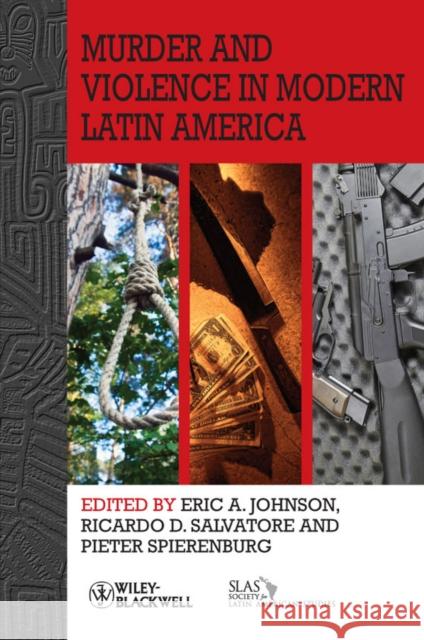Murder and Violence in Modern Latin America » książka
topmenu
Murder and Violence in Modern Latin America
ISBN-13: 9781118657355 / Angielski / Miękka / 2013 / 328 str.
Written by leading scholars from the Americas and Europe, this is a thorough assessment of state-supported murder and violence in Latin America.
- Examines the trajectory of murder and violence in the region over the past two centuries and elucidates theories and trends regarding violence since the end of colonial rule
- Covers topics such as -the disappeared, - the rise of drug cartels and narco-violence, physical violence against wives, the judging and sentencing of violent crimes, genocide, and state terrorism
- Explains and applies macro-level theories regarding the rise of civilization, state building, and violence to contemporary Latin America
- Demonstrates the complexity of an issue at the forefront of life and politics in the region today











